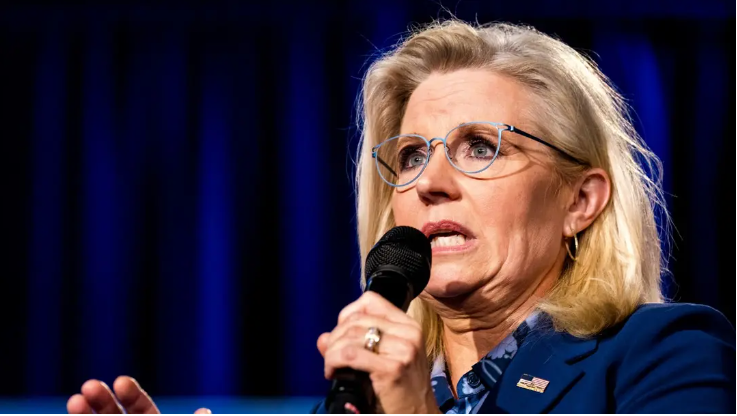Uganda Detains Dozens of Anti-Government Protesters
At least 45 people were arrested in Uganda's capital, Kampala, on Tuesday for participating in anti-corruption protests despite an official ban. This is according to Chapter Four Uganda, a human rights group offering legal services to the detainees....
0:00
/1861
Facts
- At least 45 people were arrested in Uganda's capital, Kampala, on Tuesday for participating in anti-corruption protests despite an official ban. This is according to Chapter Four Uganda, a human rights group offering legal services to the detainees.1
- Riot police staffed roadblocks, particularly near the business district, and sealed off the roads leading to parliament. The detainees, including a prominent TV and radio presenter, were taken into custody on charges including being a 'common nuisance.'2
- The protests were organized on social media following outrage over persistent allegations of high-level corruption and reportedly took inspiration from last month's rallies in neighboring Kenya, forcing Kenyan Pres. William Ruto to reverse planned tax hikes.3
- In particular, growing allegations of corruption were reportedly raised against parliamentary speaker Anita Among, who rejected calls for her resignation following revelations of alleged irregular spending by her office and others associated with her.4
- Pres. Yoweri Museveni warned over the weekend that demonstrators were 'playing with fire,' while police said authorities would not allow any demonstration that threatened Uganda's 'peace and security.'5
- This comes after the headquarters of the opposition National Unity Platform of former presidential candidate Bobi Wine was sealed off and three of his party's lawmakers were arrested.6
Sources: 1Al Jazeera, 2Voice of America, 3BBC News, 4Africanews, 5Guardian and 6Hindustan Times.
Narratives
- Narrative A, as provided by Dw.Com. The protests prove that civil society can no longer be dissuaded by violence and threats from exercising its constitutional right to protest. Uganda is one of the world's most corrupt countries, and the brutal reaction to the protests reveals the authoritarian regime's fear of its own people. After Kenya, the wave of popular anger against corruption and misrule is now spilling over to Uganda — an encouraging sign that people are increasingly holding their governments to account.
- Narrative B, as provided by Punch Newspapers. The right to protest isn't unconditional, and the Ugandan authorities must protect the country's stability when unrest erupts. To plunge the country into chaos and bring themselves to power, sections of the opposition are working with foreigners, as they did four years ago. However, the government will not tolerate the country's progress being disrupted. Uganda is not Kenya, and most Ugandans are not falling for the empty slogans of those behind the copycat protests.







